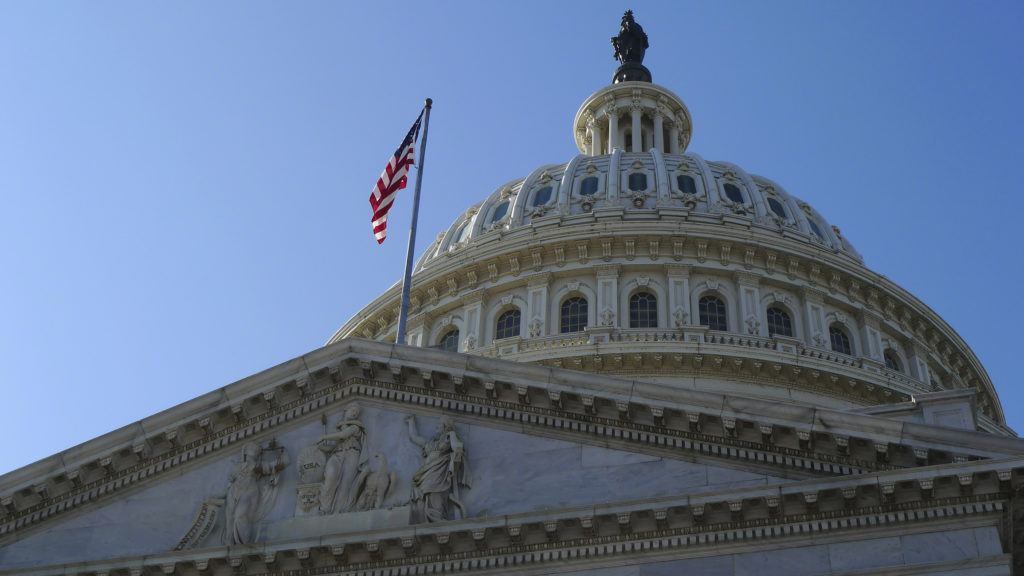
The Senate passed a budget bill Sunday that includes direct-pay tax credits for electric cooperatives to deploy new energy technologies.
The provision was included in a broad legislative package dubbed the Inflation Reduction Act. Debate now moves to the House, which is scheduled to return from recess Friday for consideration of the bill. Though the outcome in the House is uncertain, current indications are that it will likely pass.
In addition to direct-pay incentives, the legislation would create a voluntary $9.7 billion grant and loan program designed specifically for electric co-ops that buy or build new clean energy systems.
“Electric cooperatives are leading the charge to reliably meet tomorrow’s energy needs at a cost consumers can afford,” said NRECA CEO Jim Matheson.
“Several provisions in this bill provide electric co-ops with crucial new tools as they navigate the ongoing energy transition and prepare for a future that depends on more electricity to power the American economy.”
Providing direct-pay incentives to co-ops is one of NRECA’s top legislative goals. The Senate-passed bill would provide direct federal payments to co-ops when they deploy new energy technologies, including carbon capture, nuclear, energy storage, renewables and more.
The legislation would give co-ops parity with for-profit utilities, which have long enjoyed tax credits to develop wind, solar and other renewable energy projects. Historically, not-for-profit co-ops have not had access to those credits because most of them do not pay federal income taxes.
The separate $9.7 billion grant and loan program for clean energy systems would provide funding for a wide range of projects, including renewable energy, carbon capture, battery storage, nuclear power and improvements to generation and transmission efficiency. Interested co-ops would be eligible to receive an award for up to 25% of their project costs, with a maximum of $970 million going to any one co-op.
Erin Kelly is a staff writer for NRECA.